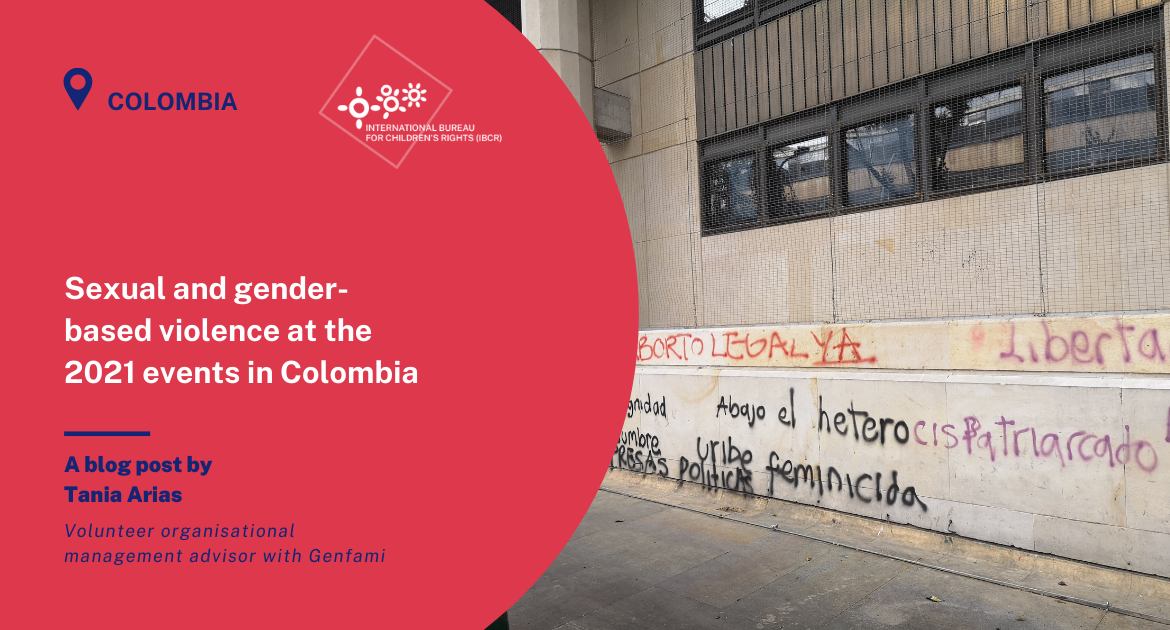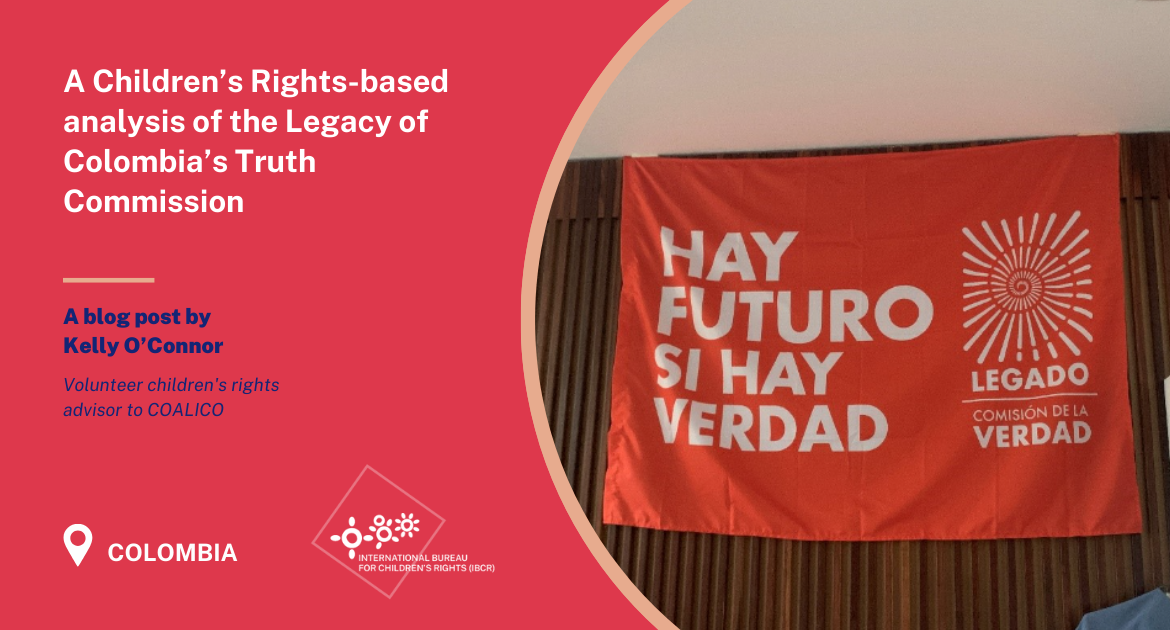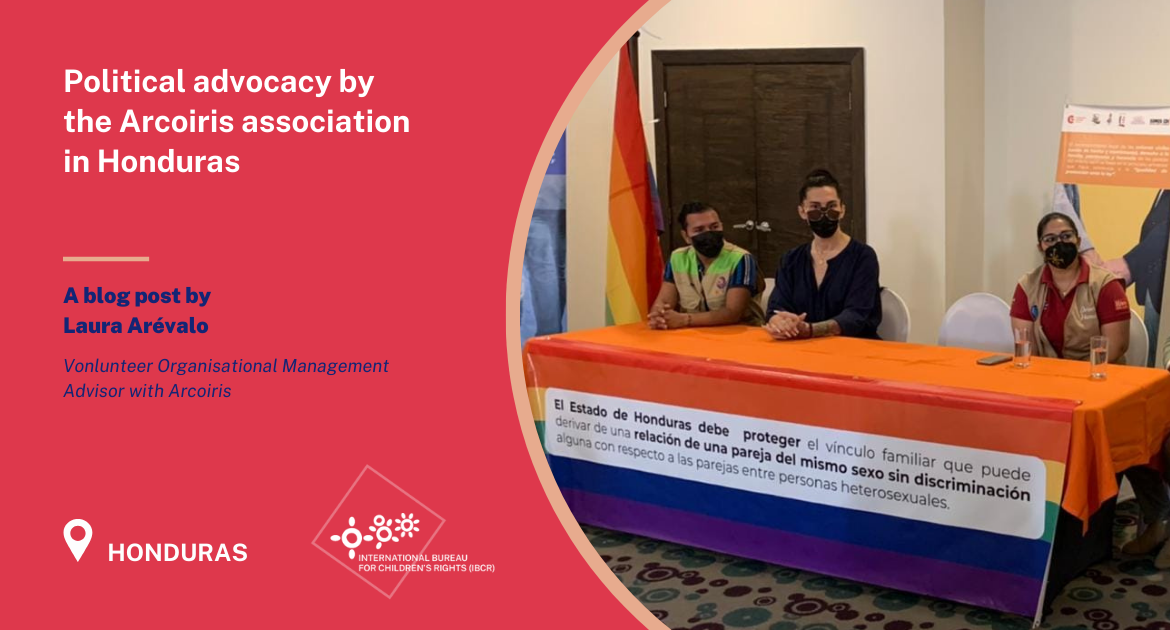*The translation of this blog was done via a third-party application and may contain errors. Read the blog post in its original language (Spanish).
The first time I went to Bogotá at the beginning of my mandate, I was struck by the variety of representatives of public forces with weapons which, for a person coming from a country without an army, can be quite intimidating. When I asked why these heavily armed public forces were present, the answer was always the same: "it's normal". I think about how much this normality is far from my own, each gun is a big blot on the landscape drawing my attention.
The normalisation of the presence of guns on the streets takes on a different hue when conflict arises and the real willingness to use them can be observed, along with other strategies of control and intimidation by Public Forces that have been shaped around decades of armed conflict, and where a series of patriarchal beliefs justify the use of violence, intimidation and humiliation against people who represent characteristics commonly considered as feminine, directed especially towards women and people of sexual diversity. Behind this patriarchal vision is a dynamic of oppression, where the one in power maintains it through coercion and the use of force, thus keeping morale low and reinforcing the belief that the change being fought for cannot happen.
Erika Veloza, director of partner foundation Genfami, talks about how this sexual violence is present not only within the framework of protests, but also around diverse female leadership, and as a mechanism to restrict and minimise citizen participation. Erika says that "many of these women leaders are working to defend the rights of women and children, so this restriction affects not only the exercise of human rights, but also threatens and prevents the creation of new forms of leadership".
The so-called National Strike of 2021 began on 28 April when several trade union leaders called to demonstrate, among other things, against the tax reform. However, the social protest has been going on for years and the government's response has remained the same. Police repression and excessive use of force are part of the established dynamics on a daily basis. The violation of rules and procedures regarding the use of various types of weapons during protests, physical and sexual assaults, and the government's constant evasion of multiple complaints against the control forces have not only fuelled collective anger, but have also attracted the attention of national and international human rights organisations.
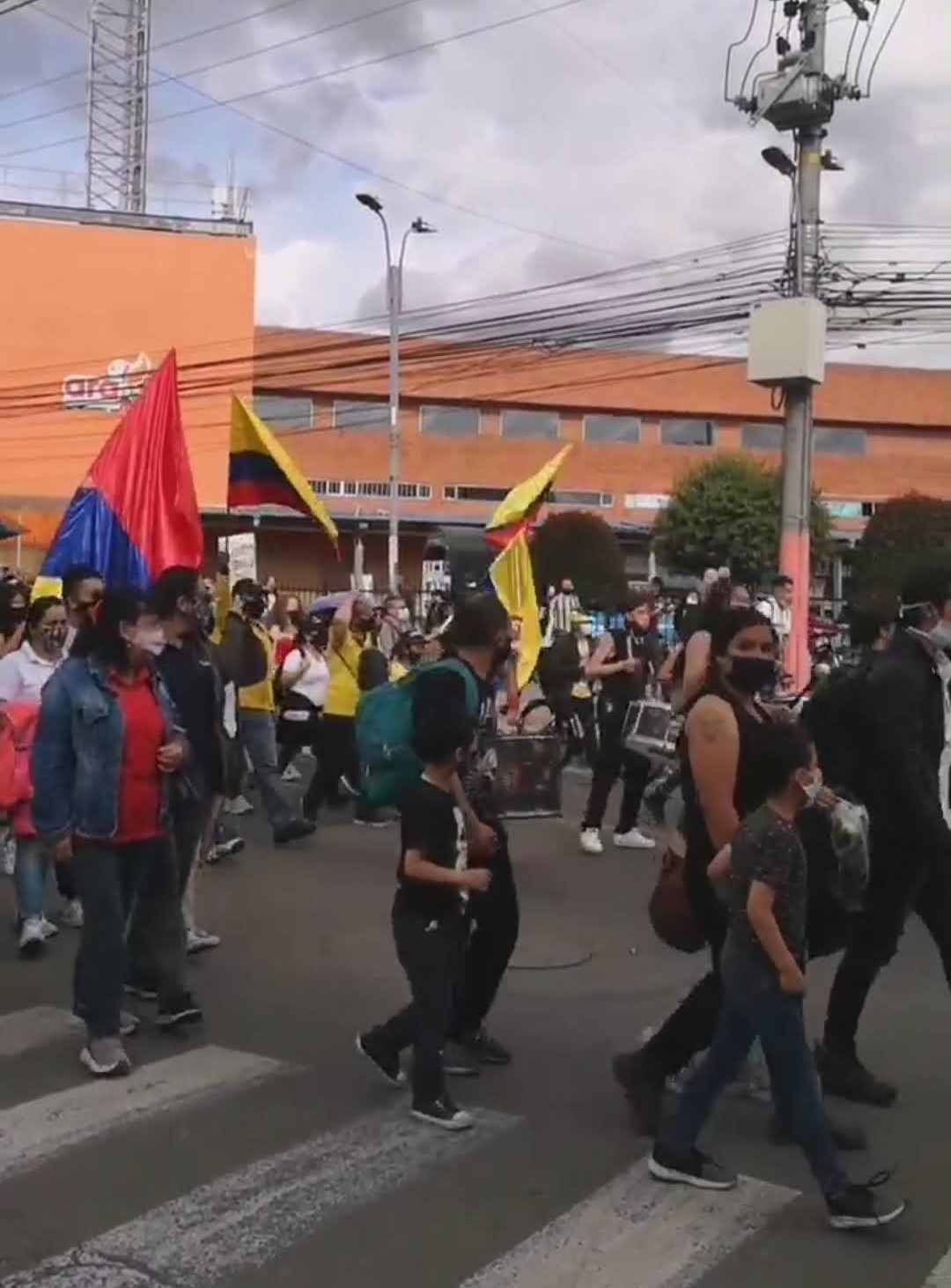
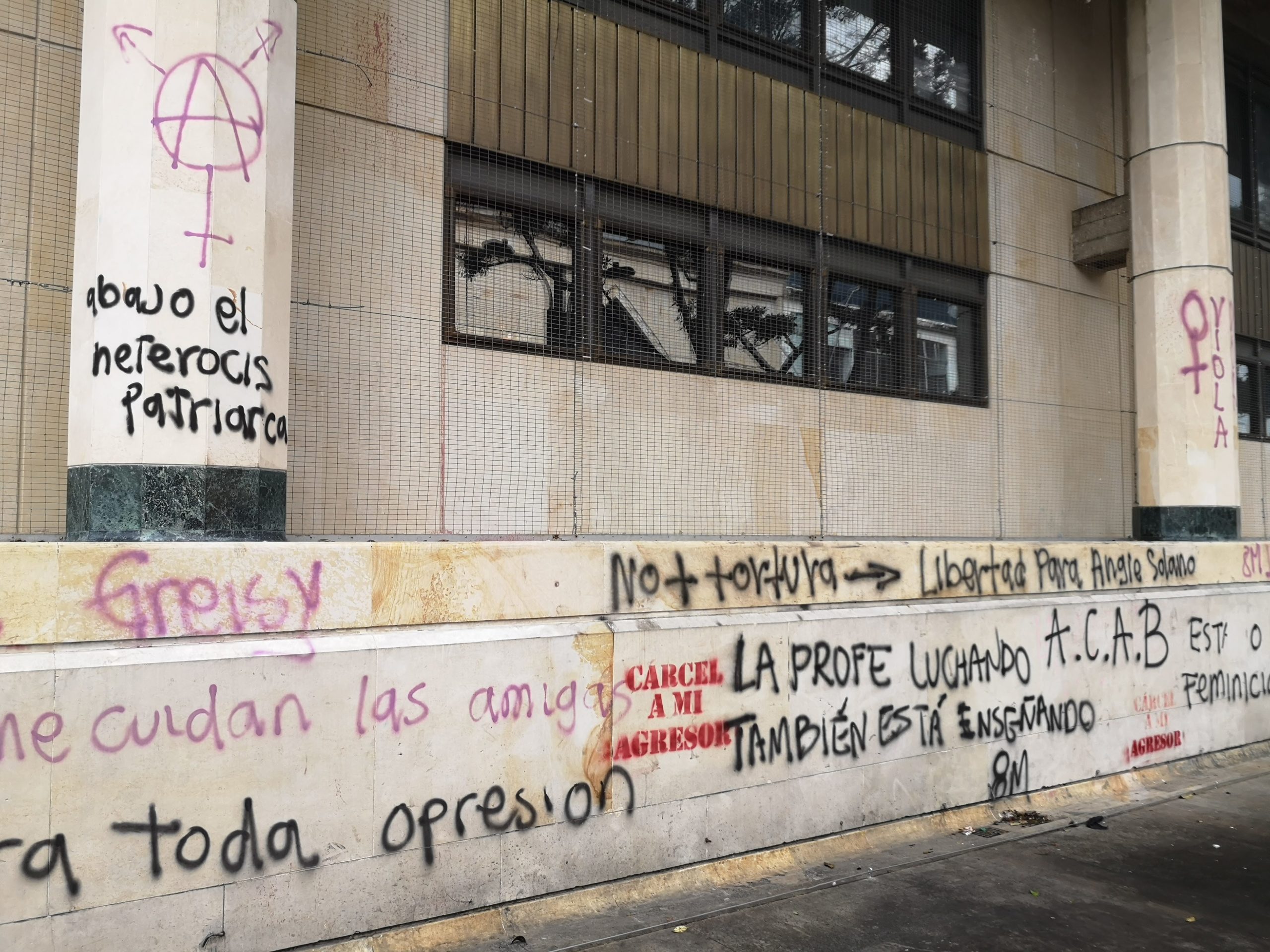
What are sexual and gender-based violence?
A report on the use of public force against civil society in Colombia in the context of protests, produced by Temblores ONG, Indepaz and Paiis in June 2021 , refers to sexual violence as "sexual acts in which the physical intimacy of the victim is violated without their consent or in a coercive manner"; and refers to gender-based violence (GBV) as "violent acts based on the gender of the victim; it can include physical, verbal, economic or sexual violence". The report identifies such violence as systemic and entrenched as a structural practice of repression and state correction.
This type of violence is deeply rooted in socio-cultural practices and beliefs present in everyday life, and becomes evident only when a disruptive situation in the environment creates the space for it to emerge as a "natural" response, perpetrated not only by the security forces, but also by citizens participating in protests. Here, certain situations go from being something that many perceive as harmless attitudes, to endorsing violence intrinsic to cultural practices and endemic and violent machismo.
As of 14 May, the Ombudsman's Office had received 87 reports of GBV towards women and people of sexual diversity, within the framework of the protests. As of 21 May, 23 reports of sexual violence were confirmed, one of them being a female police officer assaulted by protesters. The cases in which the police have allowed this type of aggression to occur without intervening not only represent a breach of duty and a violation of human rights, but also reflect the institutionalisation of GBV.
The psychological consequences of these aggressions on the victims are often deepened by a society that minimises these events and tends to hold the victim responsible for the situation, through discourses such as "she asked for it...", which point to the belief that, in order to protect the physical and psychological integrity of women and people of sexual diversity, there must be a suppression of other rights. Therefore, the struggle for the protection and guarantee of human rights should not only take place in a court of law, but also in everyday life in order to transform mentalities.
I have been able to observe that weapons on the streets are there to be used, and their normalisation goes hand in hand with the people's willingness to allow their government to use them. There is still a long way to go so that everyone can feel safe to exercise their right to civic participation without putting their physical integrity and life at risk. To this end, the work of organisations that promote and defend human rights is essential to support people who continue to raise their voices against all kinds of violence.
References
Centrales obreras mantienen convocatoria de paro para este 28 de abril | Economía | Portafolio
Paro nacional: qué es, cuándo está previsto y quiénes lo han convocado - AS Colombia
Convocan a paro nacional el 28 de abril por proyecto de reforma tributaria | EL ESPECTADOR
Colombia: Brutalidad policial contra manifestantes | Human Rights Watch (hrw.org)
23 reportes de violencia sexual ha conocido la Defensoría del Pueblo en el marco de la protesta social | Defensoría del Pueblo (defensoria.gov.co)
La Defensoría ha recibido 87 reportes de Violencia Basada en Género a Mujeres y personas OSIGD durante la Protesta Social | Defensoría del Pueblo (defensoria.gov.co)
Informe de la situación en materia de protesta social (dejusticia.org)
Comunicados Temblores ONG
Microsoft Word - Informe CIDH Versión Conjunta.final.docx (filesusr.com)
Ley 1861 de 2017 Nivel Nacional (alcaldiabogota.gov.co)
Interested in working with GENFAMI?
Find out more about our open voluntary cooperation mandates
KEEP ME INFORMED OF UPCOMING VOLUNTEERING OPPORTUNITIES

Volunteer cooperation program funded by Global Affairs Canada.






